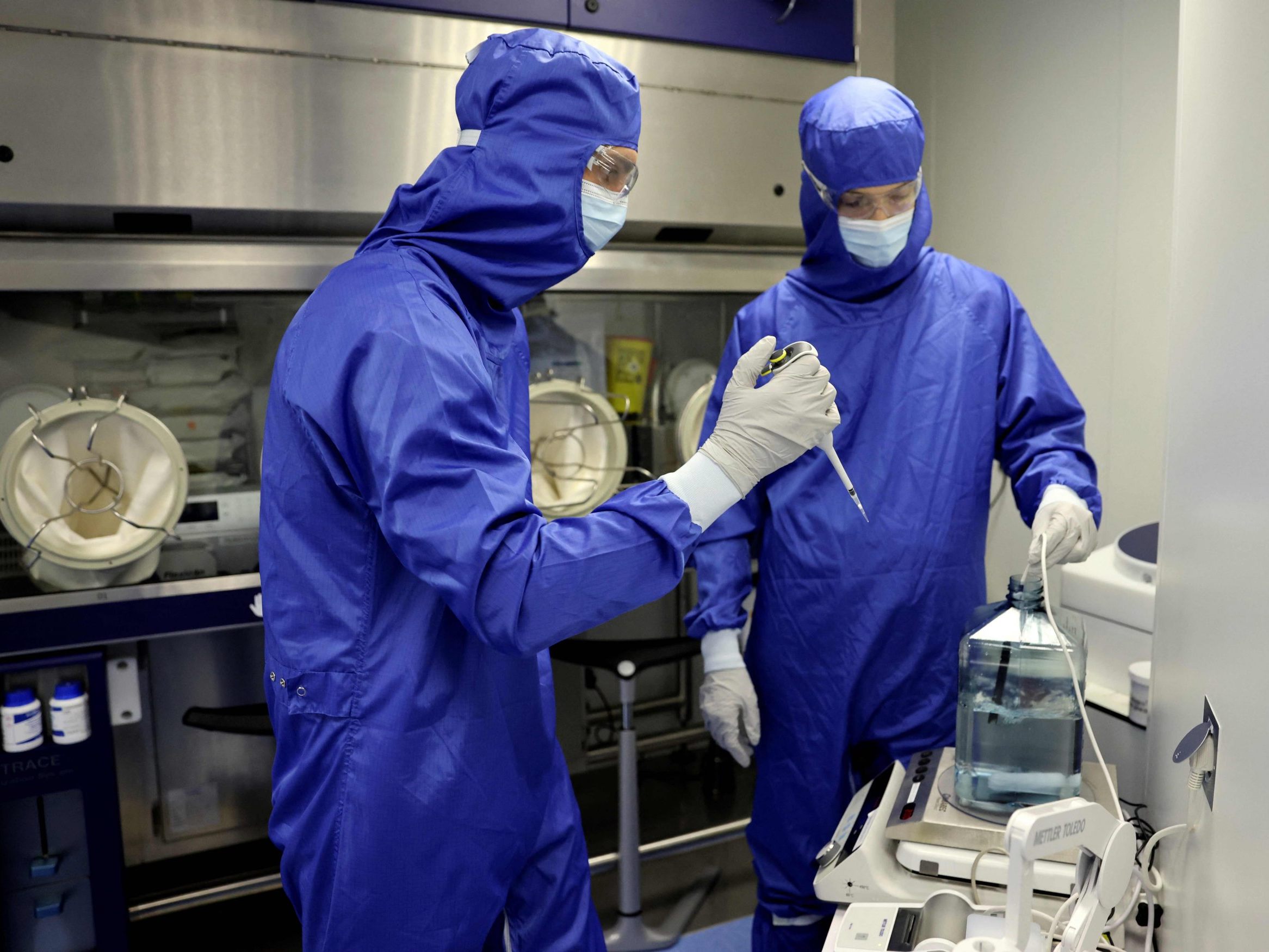Worldwide First MS Therapy with Donor Cells Launched

A medical breakthrough could fundamentally change the treatment of Multiple Sclerosis: A woman from Nebraska is the first patient worldwide to be treated with a new, experimental CAR-T cell therapy against Multiple Sclerosis (MS). The therapy, developed at the University Clinic Nebraska Medicine, is currently in clinical phase 1. Initial results show significant improvements in her health condition.
Newly developed procedure from donor cells
In the so-called allogeneic CAR-T cell therapy, T-cells from healthy donors are genetically modified to specifically attack immune cells that play a role in autoimmune diseases like MS. The goal is to suppress the pathological immune reaction without weakening the entire immune system.
First patient reports progress
Jan Janisch-Hanzlik, who has been suffering from MS for seven years, spoke of severe limitations in daily life. Previous therapies showed little effect. However, since participating in the CAR-T cell study, she has noticed significant progress: "I am more active again, no longer need long breaks, and can move better."
Research Team Sees Great Potential
The attending physicians, including Dr. Rana Zabad and Dr. Matt Lunning, emphasize the significance of this initial treatment success. "If safety is confirmed, further clinical phases are possible," explained Zabad. There is already a long waiting list for potential participants in the study.
Future Prospects for MS Patients Worldwide
Although many studies are still necessary, the therapy raises hopes. Experts, however, emphasize that MS progresses very individually – not every therapy works the same for all patients. Nevertheless, the new method is considered a promising approach in personalized medicine.
What is Multiple Sclerosis (MS)?
Multiple Sclerosis (MS) is a chronic inflammatory neurological autoimmune disease in which the immune system attacks the myelin sheath of nerve fibers in the brain and spinal cord. This leads to a variety of symptoms such as muscle weakness, coordination problems, visual disturbances, sensory disturbances, and fatigue. The course of the disease and the symptoms vary greatly from person to person. A cure for MS is currently not possible, but there are various treatment approaches to slow the progression of the disease and alleviate the symptoms.
This article has been automatically translated, read the original article here.





